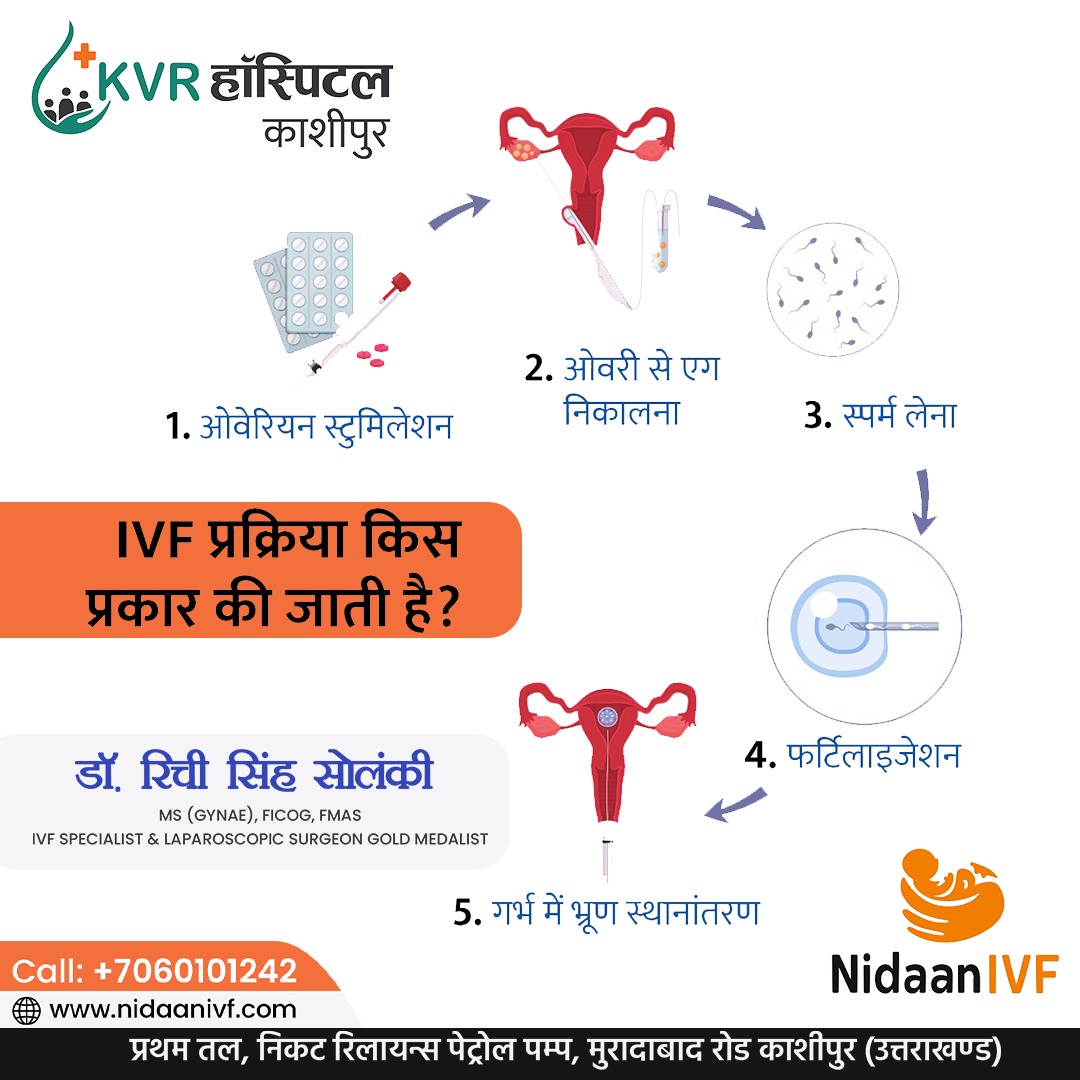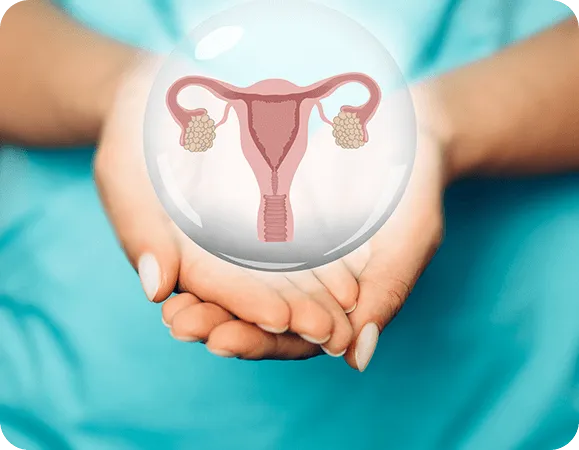Initial Consultation and Medical History Review
Fertility is a fundamental aspect of human reproduction, involving the complex interplay of
physiological, hormonal, and genetic factors. When couples face challenges conceiving naturally, they
often seek the expertise of fertility specialists at IVF centers. These centers provide advanced medical
technologies and personalized treatment plans to help couples achieve their dream of parenthood.
The Concept of Fertility
Fertility refers to the ability of individuals or couples to conceive a child through natural means. It
hinges on the successful interaction between male and female reproductive systems, encompassing the
production of viable gametes (eggs and sperm), their timely release, the transport of gametes through
the reproductive tract, and the potential for successful fertilization and embryo development.
Causes of Infertility
Infertility, defined as the inability to conceive after one year of regular unprotected intercourse (or
six months for women over 35), can arise from various factors affecting one or both partners:


